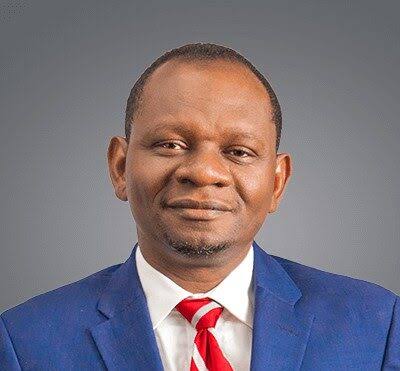The National Primary Health Care Development Agency (NPHCDA) has highlighted the challenges facing Nigeria’s health system, despite increasing budget allocations at federal and state levels. Dr. Muyi Aina, Executive Director and Chief Executive Officer of NPHCDA, stated that currency fluctuations and rising service costs continue to strain the system. He noted that out-of-pocket expenditure still accounts for a significant share of healthcare spending, with the public sector contributing only 14 percent.
The recent National Health Financing Policy Dialogue, organized by the National Health Insurance Authority (NHIA) and partners, aimed to reimagine financing models that make healthcare more equitable, sustainable, and accessible for all Nigerians. The dialogue, themed “Reimagining the Future of Health Financing in Nigeria,” sought to address the funding gaps in the health sector.
According to Dr. Aina, the government has mobilized N3.5 billion, with 60 percent pooled from mechanisms such as the Basic Health Care Provision Fund (BHCPF), Global Fund, Gavi, and PEPFAR. The funds are being disbursed to 8,309 facilities nationwide, with allocations recently increased from an average of N300,000 to between N600,000 and N800,000 per quarter, depending on facility size and patient volume.
The government is committed to closing existing financing gaps through stronger co-financing at federal, state, and local government levels, coupled with performance-based accountability measures. A direct funding mechanism is being rolled out across the country to improve accountability in healthcare spending. The model, already piloted in four to five states, allows payments for commodities and health worker salaries to be made directly into designated accounts, making the process transparent and traceable.
Dr. Aina also noted that government analysis showed that between 15 percent and 25 percent of non-campaign vaccines in Nigeria cannot be accounted for, with losses stemming from wastage, inaccurate population estimates, procurement inefficiencies, or weaknesses in vaccine management systems. Further state-level analysis is underway to close the accountability gap. The Federal Government is investigating discrepancies in vaccine utilization across several sub-national units, with some reportedly consuming up to four times more vaccines than their recorded coverage rates.
Through efficiency measures, the government has reduced projected vaccine procurement costs for the next five years from $1.5 billion to $1 billion, ensuring smarter spending of limited resources. The government’s efforts to address the challenges facing Nigeria’s health system are crucial, as the country strives to provide equitable, sustainable, and accessible healthcare to its citizens.
